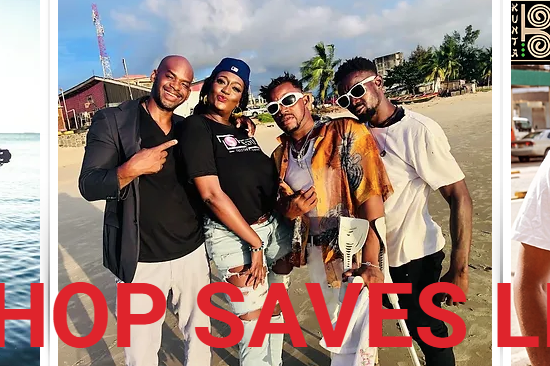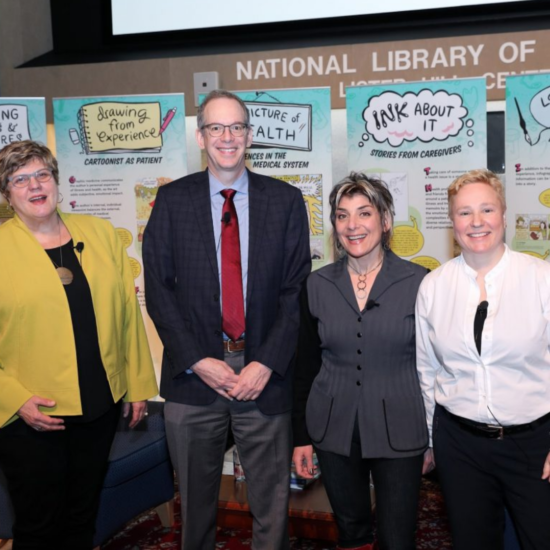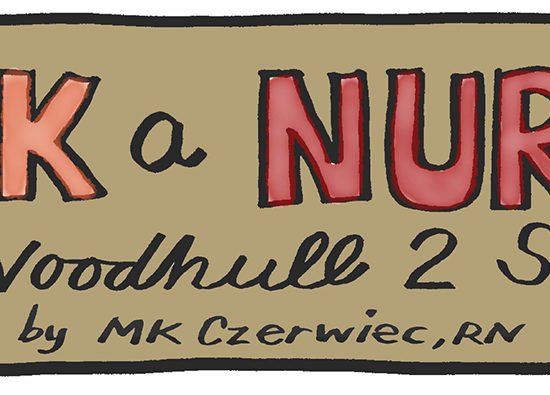Barbara Glickstein is the co-director of the Center for Health, Media & Policy and has been reporting on human trafficking for the past 6 years.
“There is no such things as a child prostitute”
This was just one of the straightforward facts made by Minh Dang to reporters (including this reporter) attending the McCormick Institute on Reporting on Sex Trafficking: A Local Problem with Global Dimensions this past October.
The institute was sponsored by the Robert R. McCormick Foundation and The Irina Project (TIP) at the University of North Carolina School of Journalism and Mass Communication. 
The Irina Project (TIP), co-directed by Dr. Barbara Friedman and Dr. Anne Johnston, monitors media representations of sex trafficking and advocates for the responsible and accurate reporting of sex trafficking.
Drs. Friedman and Johnston presented their research looking at 5 years of international and national media coverage on sex trafficking. Their research identified patterns framing the issue including the use of language. They found that the label prostitute or hooker was most frequently used by reporters to describe the persons involved.
Under federal law, children cannot consent to being a prostitute and a child does not need to be moved across international or even state borders to be considered a victim of commercial sexual exploitation. In the United States, a minor is defined as someone under the age of 18.
A recent headline in the Washington Post, “D.C. police search home of officer in investigation of prostitution ring” reports locating a 16 year old female who was reported missing in his apartment. The article states, “The teenager told police that the officer took nude photos of her and arranged for her to have sex for money, the court papers say.”
Kudos to these reporters for using plain language – this girl was found here and here’s what she was experiencing.
Journalists struggle with reporting on sex trafficking and how to better frame the stories. There was significant time dedicated to addressing the lack of reliable data on the issue and how to work with that limitation.
But that’s not all.
In several sessions we heard directly from women survivors on what it was like being interviewed by journalists – not all good. One suggested that we “stay in our lane” and “to be human”.
Here’s one critical take-away – we must all confront our own assumptions about sex trafficking.
The reporters in attendance made a promise – we’d never use the words child prostitute in a story on sex trafficking.
Because there is no such thing as a child prostitute.










Pingback: Trafficking in Your Area | Modern Day Slavery in the United States / December 11, 2013
/
Pingback: “There is No Such Thing as A Child Prostitute” | Modern Day Slavery in the United States / December 11, 2013
/
Pingback: “There Is No Such Thing as Child Prostitutes” | Modern Day Slavery in the United States / December 11, 2013
/
Pingback: “There Is No Such Thing as Child Prostitutes” | Modern Day Slavery in the United States / December 11, 2013
/